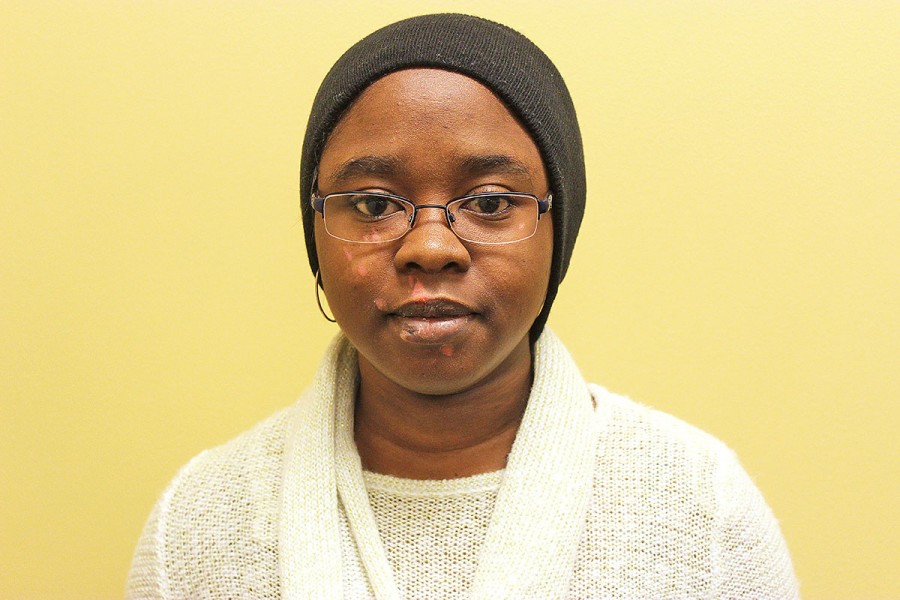Gbedey: Boarding school in Benin
In Benin, West Africa, boarding schools are known to be efficient when it comes to putting wayward kids on the right track. In most cases though, those kids end up loving their experience in such schools. As far as I was concerned, I went to the Army Grammar School for Young Girls, because I earned a scholarship sponsored by the government. The seven years I spent there represent a period of exile from my family and left me with valuable life lessons.
First of all, in a boarding school like the Army Grammar School for Young Girls, my mates and I were barely allowed to interact with our families and one can imagine how stressful and demoralizing that can be for 10-year-old girls. Christmas and summer vacations were the only occasions I got to spend time with my family who visited me in my “prison” once a year.
Alternative communication channels like cell phones were restricted and this rule was strictly enforced by regular controls to confiscate undesirable cells phones and punishments for the rebels. Even though we were allowed to receive phone calls every Saturday, the network was saturated due to all the parents trying to reach their girls at the same time. Sometimes, ironically at moments when I most needed to hear from them, they simply didn’t call.
The food is disgusting and unhealthy there. It was almost a punishment to eat anything from the kitchens that were unfortunately one of the dirtiest places in the school. Many general laughs had been triggered by students and cooks falling on the slippery floor that no one ever mopped. Passing by from a distance, my roommates and I could see the ladies responsible for making our meals put their fingers in their ear or in their nose and then mix the spaghetti with the same hands…unwashed. Some days, the dining hall was in a racket because one of us found snot in her porridge. As if it was not enough, we were not allowed to buy food from outside vendors and bending that specific rule was strictly reprimanded.
In our military school we had a rule that was summed up in two words: “collective responsibility.” This was our doom and at the same time, our salvation. It simply meant that the mistakes as well as the triumphs of one of us were the mistakes and triumphs of the whole class. It was very annoying, not to mention unfair, to be punished because one person among us had stolen something, or been disrespectful towards an officer. Some nights after the lights were turned off, the soldiers would come into our dorms and wake us up to sing, dance and animate the camp as a penalty for some imaginary offense against one of them. However, being collectively responsible also meant that we had to take care of one another and make sure everyone was on track: those needing help with homework were helped, teams were made to divide up the chores and we always made sure no one was lagging behind while jogging and doing other physical activities.
Last but not least, ethnical disparity is something that makes boarding school a rare experience. My school gathered students from every part of the country, and all ethnicities, religions and social classes were represented. Every single one of us carried our culture, education and personal beliefs, and we all had to put up with our differences. Rest hours were often disturbed by physical and verbal arguments between girls who more than once had come to find their stuff stolen or damaged. Muslims resented Christians because they were the only ones allowed to go off camp to worship their God at church. Christians were most upset with Muslims because they turned on the lights to pray to Allah at 4 a.m.
Despite all that, we eventually learned to live with each other and we even developed outstandingly strong friendships that endured even beyond the walls of that place where we grew up. Forsaking all the cautionary tales our parents had told us, we mingled with girls from different parts of the country: girls from the north learned idioms from the south and vice versa.
I learned that contrary to what I’d been taught at home, all Muslims were not fanatic people to stay away from. After seven years together, we became each other’s friends and family and support system. We had to, if we wanted to survive there.
The Army Grammar School for Young Girls has left me with a lot of bad memories, but a lot more good ones. The hard times away from family, the horrible food and annoying mates I had to deal with will never escape my mind, but it is also a place where I learned to toughen up and became aware that life is sprinkled with injustices. I learned the meaning of friendship, loyalty, hard work, endurance and, willingly or no, I became self-disciplined, mentally and physically strong.
The experiences we undergo shape our characters, but we can always chose who we become.
Elonm Gbedey is a second-year majoring in pharmacy.










